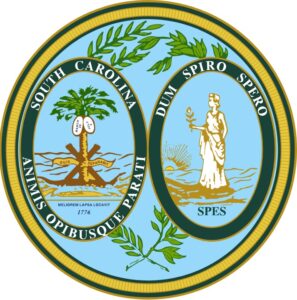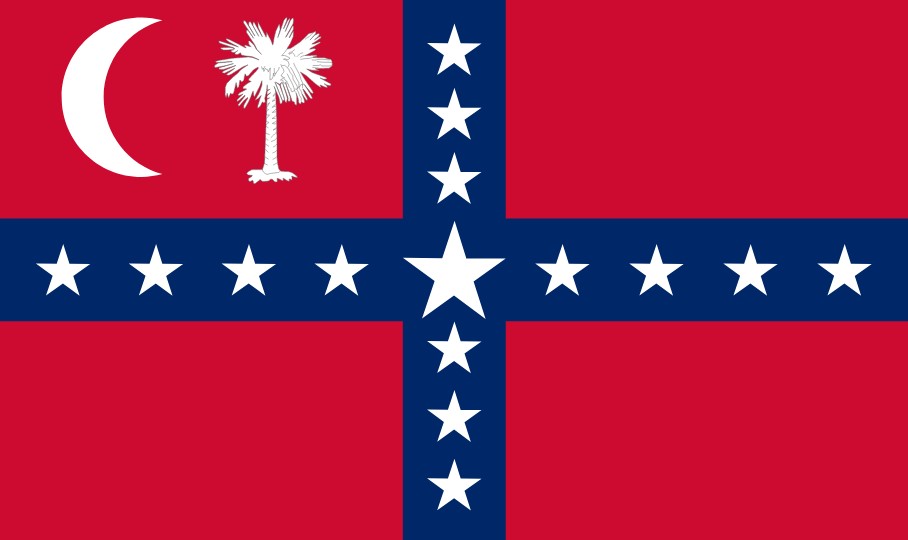The legislature of the Independent Republic of South Carolina passes the Declaration of the Immediate Causes Which Induce and Justify the Secession of South Carolina from the Federal Union, condemning free States for exercising their State sovereignty by nullifying the Fugitive Slave Act of 1850:
… [T]he State of South Carolina having resumed her separate and equal place among nations, deems it due to herself, to the remaining United States of America, and to the nations of the world, that she should declare the immediate causes which have led to this act.
· · · · · · ·
The Constitution of the United States, in its fourth Article, provides as follows: “No person held to service or labor in one State, under the laws thereof, escaping into another, shall, in consequence of any law or regulation therein, be discharged from such service or labor, but shall be delivered up, on claim of the party to whom such service or labor may be due.”
· · · · · · ·
… But an increasing hostility on the part of the non-slaveholding States to the institution of slavery, has led to a disregard of their obligations, and the laws of the General Government have ceased to effect the objects of the Constitution. The [free] States … have enacted laws which either nullify the Acts of Congress or render useless any attempt to execute them. In many of these States the fugitive is discharged from service or labor claimed, and in none of them has the State Government complied with the stipulation made in the Constitution. …
· · · · · · ·
… They have encouraged and assisted thousands of our slaves to leave their homes; and those who remain, have been incited by emissaries, books and pictures to servile insurrection.
· · · · · · ·
For twenty-five years this agitation has been steadily increasing, until it has now secured to its aid the power of the common Government. Observing the *forms* [emphasis in the original] of the Constitution, a sectional party has found within that Article establishing the Executive Department, the means of subverting the Constitution itself. …
· · · · · · ·
We, therefore, the People of South Carolina, by our delegates in Convention assembled, appealing to the Supreme Judge of the world for the rectitude of our intentions, have solemnly declared that the Union heretofore existing between this State and the other States of North America, is dissolved, and that the State of South Carolina has resumed her position among the nations of the world, as a separate and independent State; with full power to levy war, conclude peace, contract alliances, establish commerce, and to do all other acts and things which independent States may of right do.
[updated 1/17/2025]
Subsequent Events:
Authority:
unanimous Declaration (of Independence), Paragraph 6
ccc-2point0.com/unanimous-Declaration
Article X of Amendment
ccc-2point0.com/constitution-for-the-united-states
References:
Bruce Catton, The Civil War, (New York: American Heritage, 1960; Boston: Houghton-Mifflin, 1987), 282.Calvin D. Linton, ed. The Bicentennial Almanac: 200 Years of America, 1776-1976, (Nashville, Tennessee: Thomas Nelson, 1975), 151.
South Carolina Secession (U.S. National Park Service)
www.nps.gov/articles/000/south-carolina-secession.htm
The Declaration of Causes of Seceding States | American Battlefield Trust
www.battlefields.org/learn/primary-sources/declaration-causes-seceding-states#South_Carolina
Reconstruction era – Wikipedia
en.wikipedia.org/wiki/Reconstruction_era
“An Ordiance (sic) to dissolve the Union between the State of South Carolina and other states,” or the South Carolina Ordinance of Secession, South Carolina, 1860
www.teachingushistory.org/lessons/Ordinance.htm


